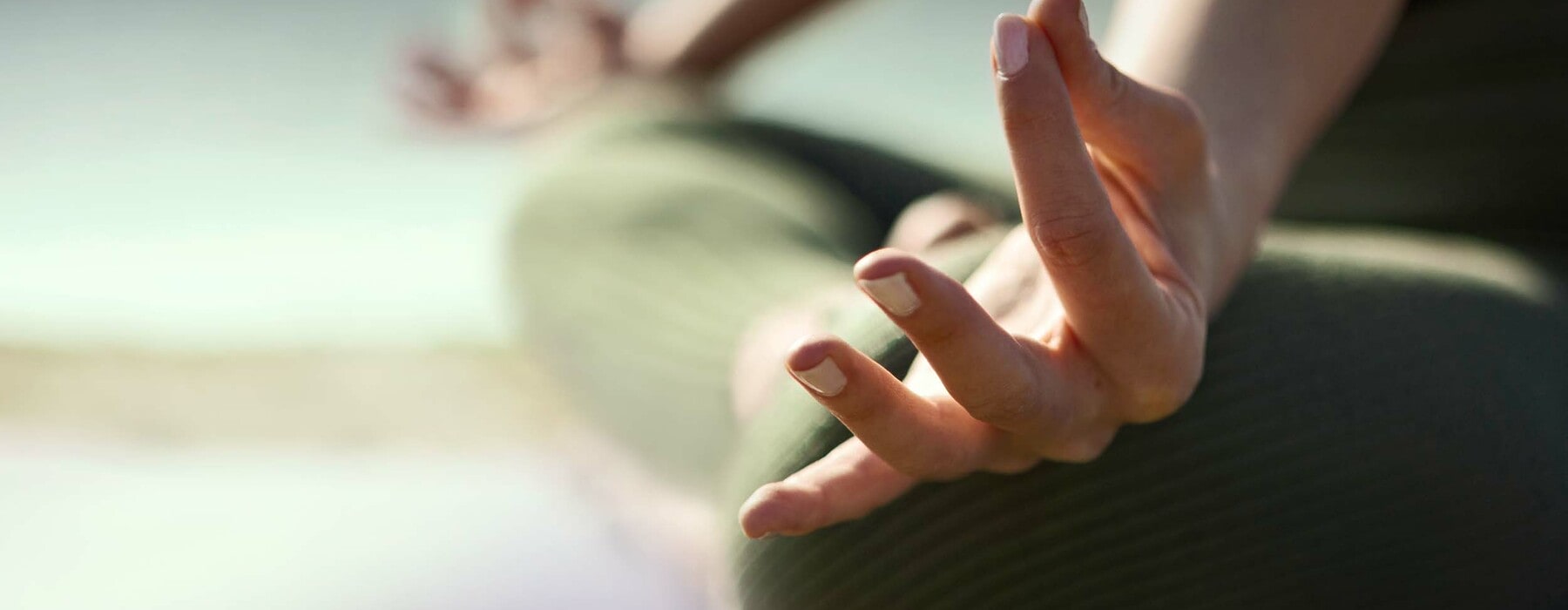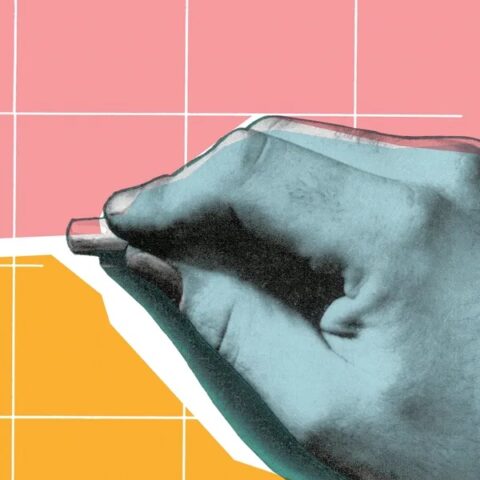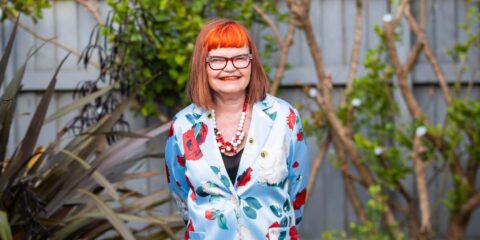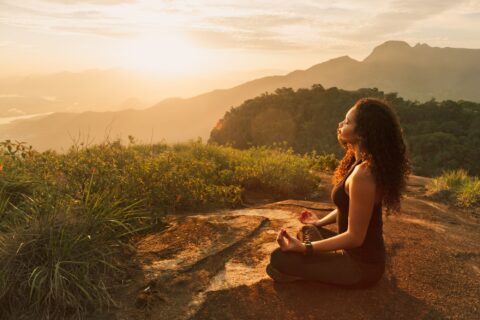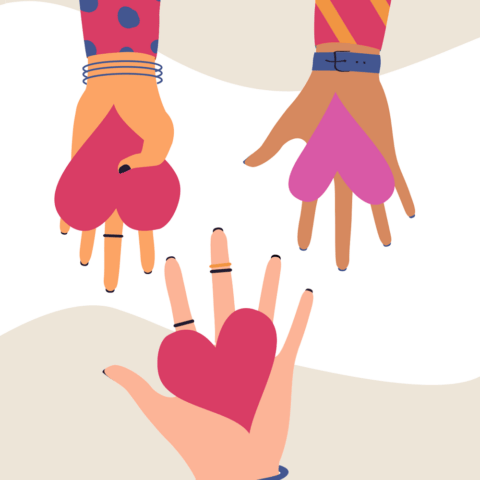When the stresses in her daily life threatened to become overwhelming, Sarah Sparks took a break from the modern world and spent 10 days at a meditation retreat.
Why would you learn meditation for a marathon average of 10 hours a day for 10 days? And sit continuously cross-legged while observing “Noble Silence” of the body, speech, and mind? Segregated from men while abiding by a strict code of discipline, living essentially like a nun. Following rules such as no talking, smoking, alcohol, eating meat, sex, lying, stealing, religious worship, reading, writing, digital devices or having any contact with the outside world.
Eliminating stress was the motivating factor for me. Migraines had manifested. Monkey mind reigned. And a deep disenchantment in my psyche was stirring beneath the surface.
It was all brought on by a concentration of suffering, thanks to self-representation in an acrimonious matrimonial matter still languishing in the court system after eight years.
Protracted litigation pain is such a coercive and controlling weapon of destruction. I took the hint that my personal “Dante’s inferno” was shepherding me to the answer: “the only way out was in”.
Attending Rosary group on Monday nights, supplemented by listening to guided meditation apps, wasn’t enough. Time for a game changer, given how the mind determines thoughts, words and deeds.
Desktop research on the virtues of Vipassanā meditation revealed it wasn’t blind faith, dogma or a sectarian religion. It was practical and centred on achieving equanimity and balance.
“Liberation through respiration and sensation” seemed to be its catch-cry.
The technique de-conditions the mind of unwholesome qualities by uncovering positivity. Cravings and desires lessen. Being self-administered and self-determined also appealed greatly.
Public proponents of its profound power include Twitter co-founder Jack Dorsey through to various governments that implement the training within prison populations.
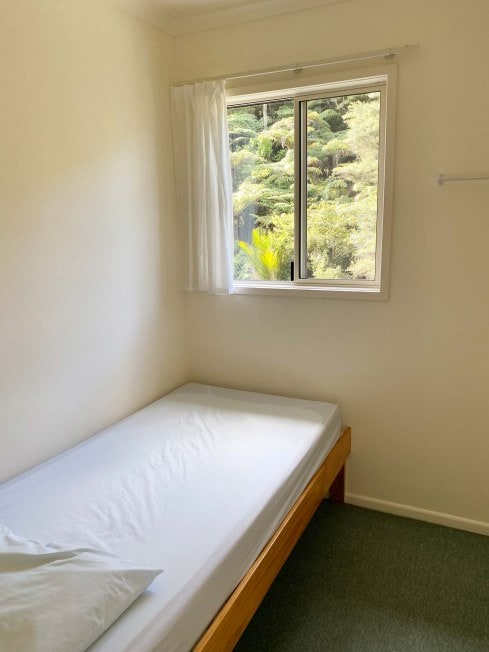
In Pāli, the sacred language of Buddhism, Vipassanā means “insight”, seeing things as they really are. As they say, the highest authority is one’s own experience of truth. Discovered 2500 years ago by Buddha, the meditation method purifies the mind, dissolving tension and negativities that lead to misery.
But for such an upside, the how-to seemed to have downsides. Media reports called it “extreme” meditation. Friends gave intense anecdotes: “OMG, I was climbing the walls counting down to leave” after completing a course. A kuia I respect added, “Watch out for day four.”
Procrastination seemed to keep me in a holding pattern. Should I go, or shouldn’t I? Online registrations for the 10-day course always appeared over-subscribed at lightning speed. There never seemed to be the right time for my conscience, either.
Taking leave is a foreign concept when you’re honouring creditor undertakings as a result of a ballooning legal work stream. Then the grace of Covid struck. The awakener. Valuing well-being became top priority.
When public health restrictions were eased last month, it was time to act. The first step was to apply to the Vipassana Meditation Centre. There’s a vetting process. Miraculously, my registration was accepted.
My nearest and dearest were flummoxed: “What do you mean you are going offline and off the grid for 10 days to meditate? What about your clients?”
Sometimes in life, calculated calls need to be made despite the consequences. My pilgrimage officially started days later on a dusty drive to Kaukapakapa. It had taken nine years to get to that point. Only minutes after I arrived, an email from the High Court alerted me to the release of a decision. It was the perfect time to turn off all devices and tune out to tune in.
On day one of the retreat, the gong went off at 4am. Everyone headed to the dimmed meditation hall. It was my first two-hour meditation sitting cross-legged.
Our instructor sat on a plinth at the front. Men were on the left and women on the right. My blue mat, cushion and blanket were laid out to greet me. I would sit in the same place for the duration.
There would be no talking, no eye contact and no connecting. The course was taught by Mr. Goenka in the tradition of Sayagyi U Ba Khin, who was a world authority on Vipassanā. Audio tracks, supplemented by a video “discourse”, are played for an hour nightly. He describes the process as akin to a surgeon’s knife lancing pus. It’s that purging and probing, in effect.
One student in the row in front departed unexpectedly after the third day. The empty space was disconcerting. By then, we were meditating for three- hour sessions straight, numb knees and all. Over 72 hours, our technique of Anapana was honed. Focusing on the breath and the tingling sensations of nostrils, we built acute awareness with eyes closed, day in and day out.
It took warrior athleticism to sit for hours on the floor. Dodging the dangers of sleepiness was another battle. The rigor of the timetable was relentless. We worked from 4.30am to 9pm daily.
By the dreaded day four, the foundation had been laid for the “sitting of determination”. The noticeboard in our dining room explained: no changing positions, no clock-watching, no fidgeting. We had to be perfectly still for an hour, observing sensations sweeping the body from head to toe without moving a muscle. An agitated bee buzzed around the hall testing us all. Some walked out.
Despite my sore body, my determination dug in. A threshold was crossed that day into dharma – true wisdom through changed behaviour. We learnt acceptance, detachment from suffering and how to respect the law of impermanence where everything is constantly changing.
Being conscious of what is ingested, from thoughts to food, manifests in your external reality. What you attract externally is merely a mirror of your internal reality. Living in wholesome truth requires thinking it, speaking it, knowing it, and practising it daily.
Vipassanā became more than a technique. It birthed in the art of living a happy and peaceful life well. Pursuing a lifelong mastery of the mat translates into mastery of the mind.
But you cannot intellectualise such benefits. The only integrous way to understand this is to be trained by attending a meditation course yourself.

